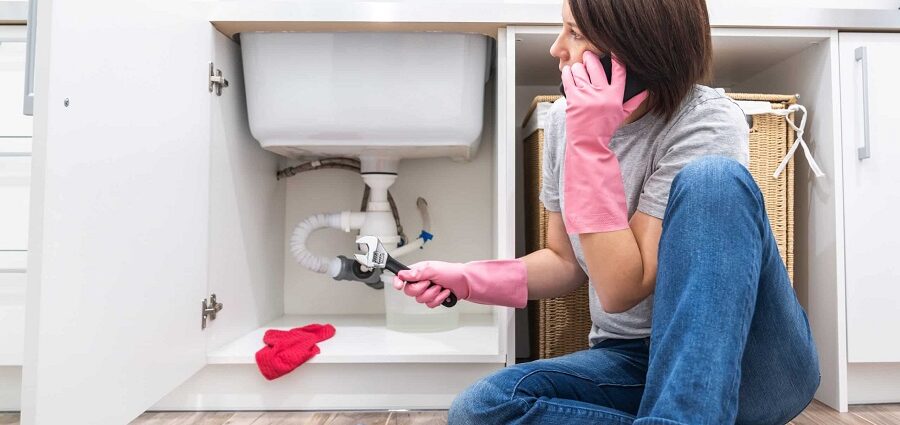Plumbing emergencies can strike unexpectedly, disrupting your daily life and causing significant inconvenience. Knowing when to call an emergency plumber can be crucial to preventing further damage and ensuring prompt resolution. Understanding what constitutes a plumbing emergency can save you from costly repairs and protect your home from water damage.
Burst Pipes
A burst pipe is perhaps one of the most urgent plumbing emergencies. If you notice a sudden, significant water leak or hear the sound of rushing water, it is essential to shut off the main water supply immediately and call an emergency plumber. Burst pipes can lead to extensive water damage, and quick action is crucial to minimise the impact.
Sewer Line Backup
A sewer line backup poses health hazards and requires immediate attention. If you notice sewage backing up into your drains or toilets, it could indicate a blocked sewer line. Avoid using any plumbing fixtures and call an emergency plumber to assess and clear the blockage.
Gas Leak
Gas leaks are hazardous and demand immediate action. If you smell gas in your home or suspect a gas leak, leave the premises immediately and call your gas provider and an emergency plumber. Do not operate any electrical devices or switches, as a spark could cause an explosion.
Overflowing Toilet
An overflowing toilet can quickly escalate into a messy and unsanitary situation. If your toilet is continuously overflowing, turn off the water supply to the toilet and call an emergency plumber to resolve the issue promptly.
No Hot Water
Lack of hot water can disrupt daily routines, especially during colder months. If your water heater suddenly stops working, it could indicate a malfunction or a gas leak. Call an emergency plumber to inspect the water heater and restore the hot water supply as soon as possible.
Frozen Pipes
In cold weather, frozen pipes are a common plumbing emergency. Frozen pipes can lead to bursting, causing water damage and potential flooding. If you suspect frozen pipes, call an emergency plumber to thaw them safely and prevent further complications.
Leaking Water Heater
A leaking water heater can cause significant water damage and lead to mould growth if left unattended. If you notice water pooling around your water heater, call an emergency plumber to inspect and repair the unit.
Persistent Clogs
While some clogs can be resolved with a plunger or drain cleaner, persistent and stubborn clogs may indicate a more significant plumbing issue. If your sinks, toilets, or drains are consistently clogging, it is best to call an emergency plumber for professional diagnosis and resolution.
Broken Water Lines
A broken water line on your property can disrupt the water supply to your home and cause water wastage. If you notice a sudden drop in water pressure or flooding in your yard, contact an emergency plumber to locate and repair the broken water line.
Significant Water Leaks
Large and sudden water leaks, such as from appliances or behind walls, require immediate attention. If you discover a significant water leak that you cannot contain or control, call an emergency plumber to address the issue promptly.
Conclusion
Recognising the signs of a plumbing emergency and knowing when to call an emergency plumber can save you from extensive damage and costly repairs. By taking quick action and enlisting the services of an emergency plumber, you can protect your home, family, and belongings from the effects of plumbing emergencies and ensure your plumbing system is restored to optimal functionality in no time.

